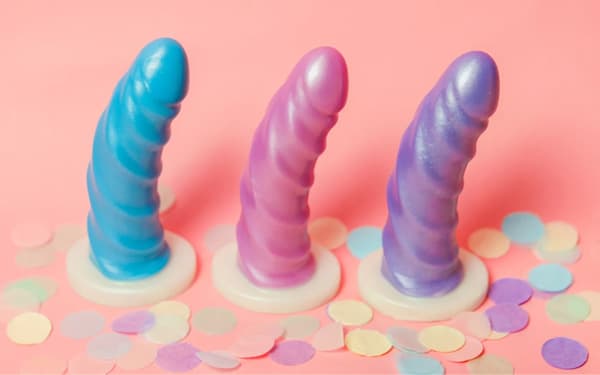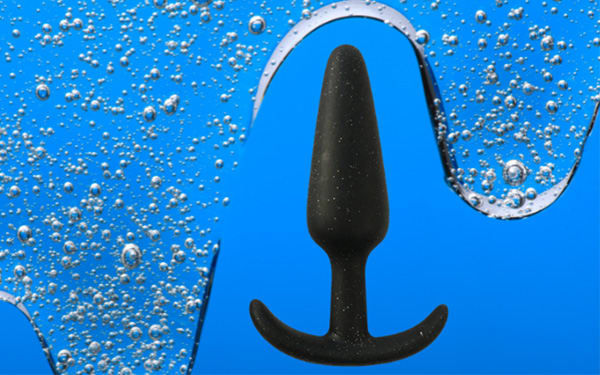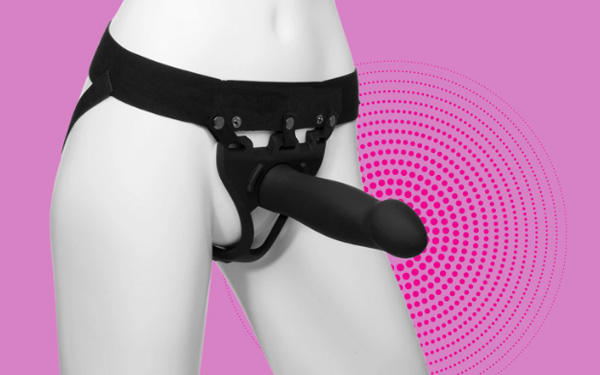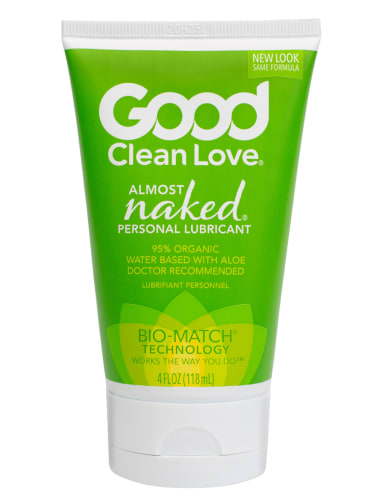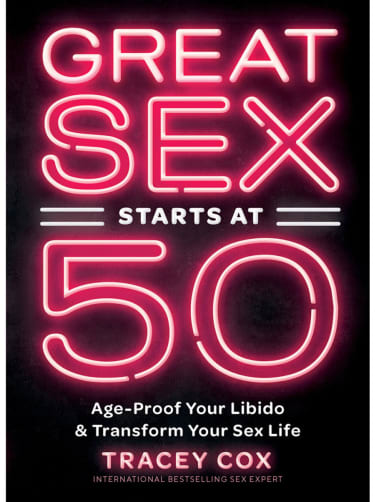Perimenopausal vs Menopausal: What does it mean?
I was all the way into perimenopause before I had ever heard the word—and I'm a Sexologist, so if you're confused about this, you've joined a very big club! Let me try to share what I've learned.
Perimenopause is essentially the run-up to full menopause. Menopause—which officially starts a year after you've had your last menstrual period—doesn't happen all at once. (Unless it's surgical menopause, I'll get to that.) Years before that "menstruation is in the rearview mirror" milestone, bodily changes have already begun as your hormonal levels shift. For some, perimenopause starts before age 40. And it isn't always accompanied by lots of noticeable changes—but sometimes it really is.
These can include:
- Hot flashes—all of a sudden it may seem that your temperature has gone WAY up. These days, flashes are referred to as part of a category called vasomotor symptoms of menopause (VSM for short), and night sweats are also sometimes in the mix.
- Sleep disruptions—VSM may be responsible for at least some of this, and remember, sleeping naked is awesome—you may really appreciate the feeling of flinging the covers off and feeling the sweat evaporating in the cool night air. Sleep issues are no joke; they can affect your well-being and may be connected to...
- Emotional lability—that basically means the opposite of steady emotions! Emotional flare-ups can be hard to manage for those of us who experience them, and our family and friends
- Libido changes—some people sail through perimenopause and into menopause without these, but some find their interest in sex (and their sexual response) changes quite a bit.
There are more things that hormones affect, but let me say a few words about what might help. Eat healthy food! Lay off too much caffeine and alcohol, and HYDRATE! Are you stressed? Figure out why and make it a priority to address whatever it is that's stressing you.
These strategies may help somewhat with everything else, and getting enough exercise is important too. (Many perimenopausal people think their libido issues are all on hormones when at least part of it is actually being way too sedentary.) I dressed in layers to give me a quick way to regulate hot flashes, and some decide to sleep solo to keep the bed cooler. Pro tip: Get a nice water bottle that you can take everywhere. Walk or dance every day.
Tell your doc if you experience anything worrying or disruptive (the emotional issues included), and if you get referred to a therapist or specialist, try to ensure that professional has learned about these issues. Surprisingly many won't have had much info about perimenopausal symptoms/changes in the course of their training. Also ask your doctors if you are taking any meds that might affect any of this—the vasomotor system, sleep quality, emotions and mental health, libido, and more. Meds are notorious for side effects that might really affect some people, even if they don't bother others.
Heather Corinna's fabulous, no-nonsense book What Fresh Hell Is This: Perimenopause, Menopause, Other Indignities, & You goes into detail about these life hacks and more. Recommended! Though I experienced a lil' rage spike alongside Heather reading about how sexist medical doctors have long been when it comes to menopause nNot to mention how little some of 'em know about this state that over half the population, if we live that long, will experience as part of the natural scheme of things.) And speaking of natural, if your life is out of whack at all—relationship drama, drinking too much, stressed-out and short on rest and relaxation—perimenopause might be a real wake-up call, and a very positive one at that!
Many of us grow up scared of the idea of menopause, but after perimenopause, honey, it might actually seem extremely chill! The shift in your hormones will largely be done as you progress through your 50s, unless you have elected hormone replacement therapy (HRT), which can smooth out the bumpy ride. There are some health and bodily issues associated with the menopause years that include skin and mucosal changes (many find the vaginal lining and vulval tissue becomes thinner and more dry in the absence of HRT, so lube becomes even more important for comfort, plus some have urinary issues); muscle and bone strength may decline, especially without enough exercise, and the latter can lead to osteoporosis.
Read up, talk to your docs, get support from friends, share changes with your significant other/s if you have any in your life—sexual issues of perimenopause and beyond can be associated with partners not understanding what's going on, so do tell! And remember that medical menopause brings on all these potential changes suddenly, not gradually—make sure you ask for information, get support, and read up on what you can do to increase your comfort as you traverse this experience. (Examples: a total hysterectomy in which the ovaries are removed along with the uterus, some gender alignment processes, and also some cancers, cancer treatments, and various endocrine system health issues.)
However your perimenopause and menopausal years treat you, this is 100% natural (even if your diet isn't!), and there is ZERO shame in living your life through its normal transitions. I came to think of perimenopause as a call to tune up my life as I moved through middle age and into older years, and I have been hugely grateful for the insights I got from that perspective, and the changes I made.
May you (or your loved ones) have a menopausal transition that brings self-knowledge and self-love. (Make sure you have a nice strong vibrator, too!)

